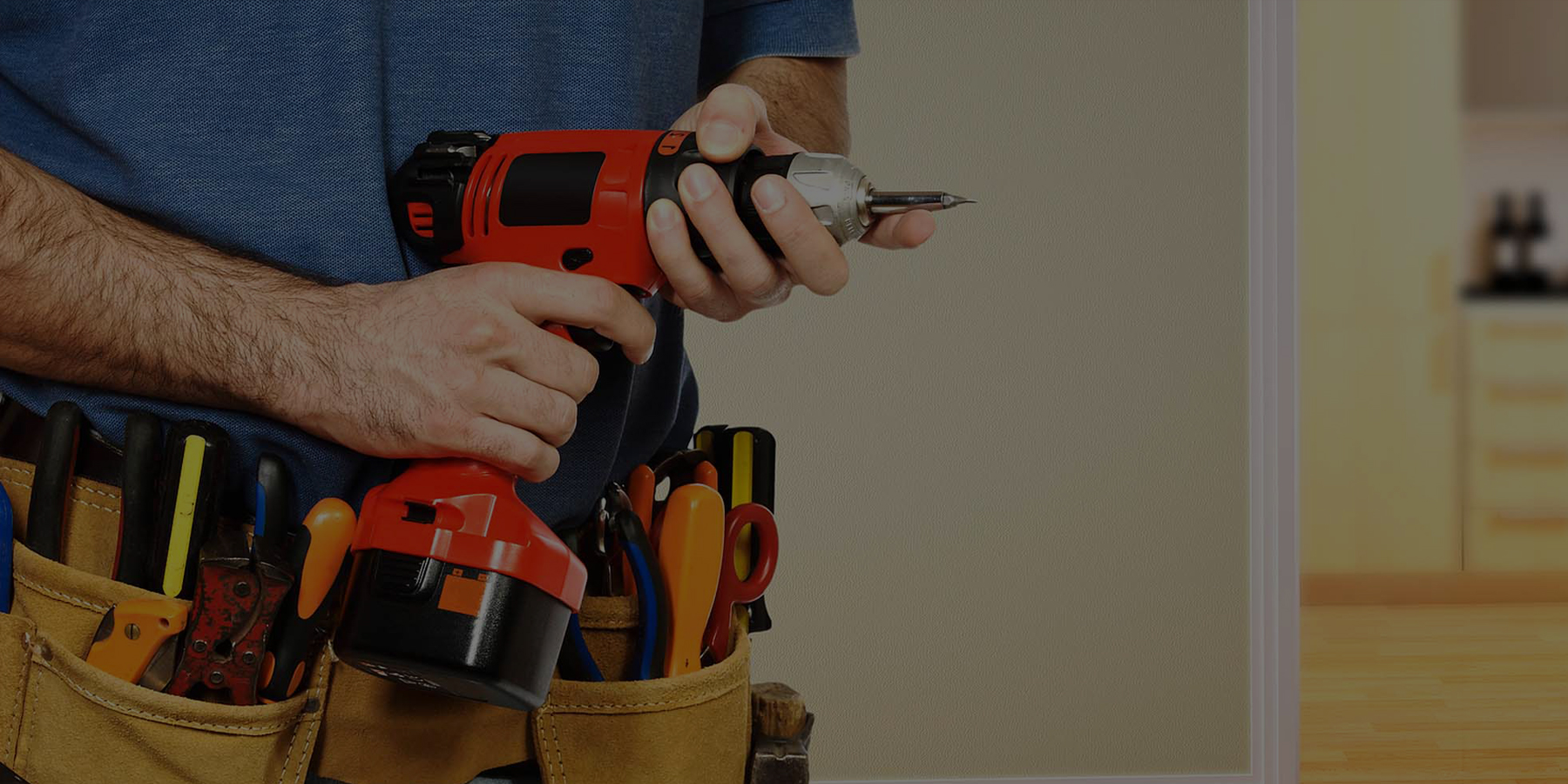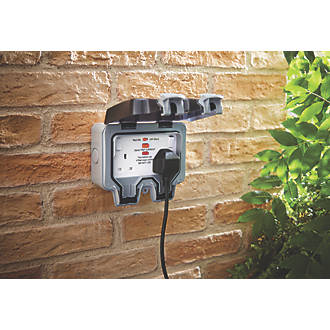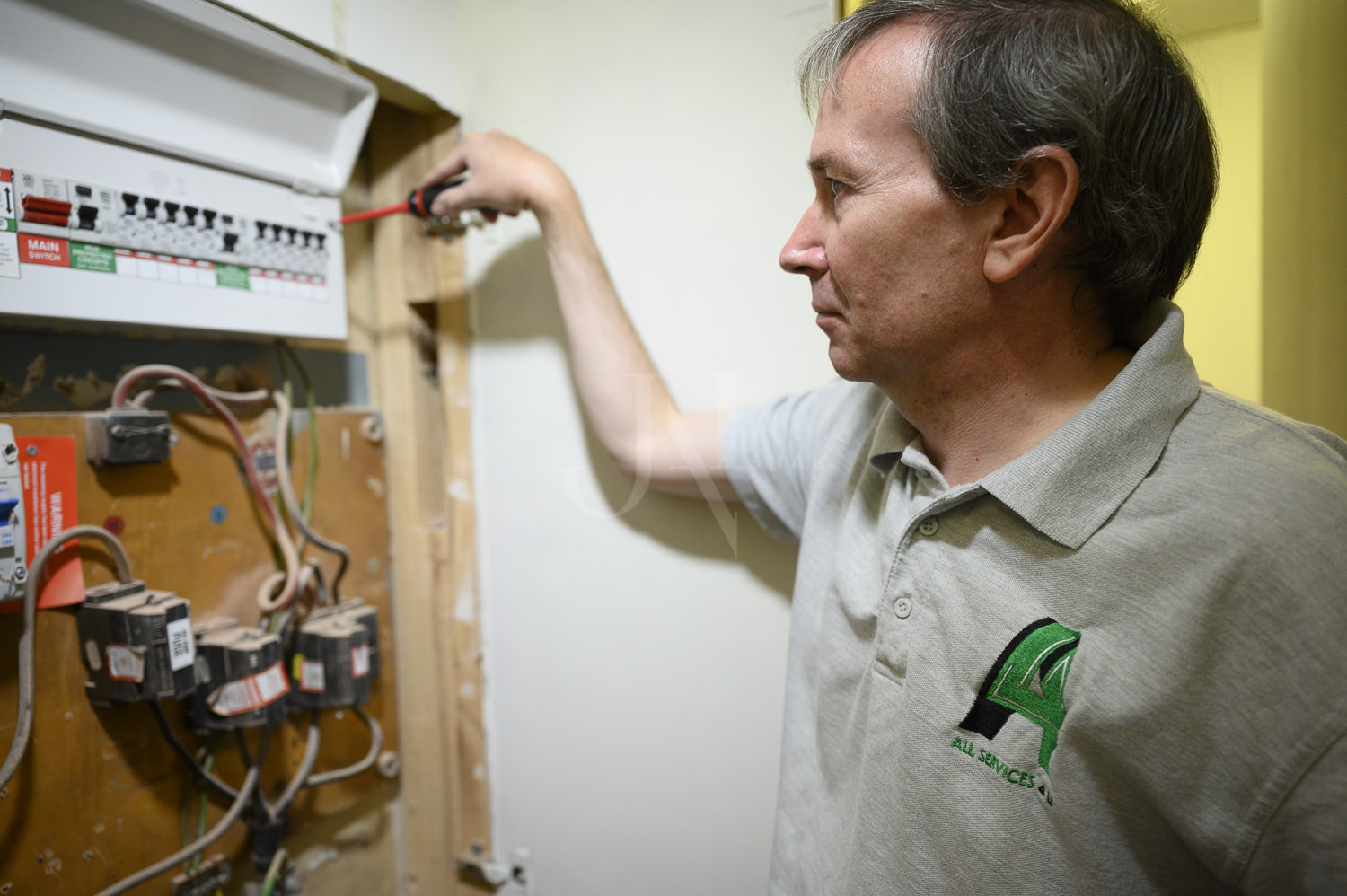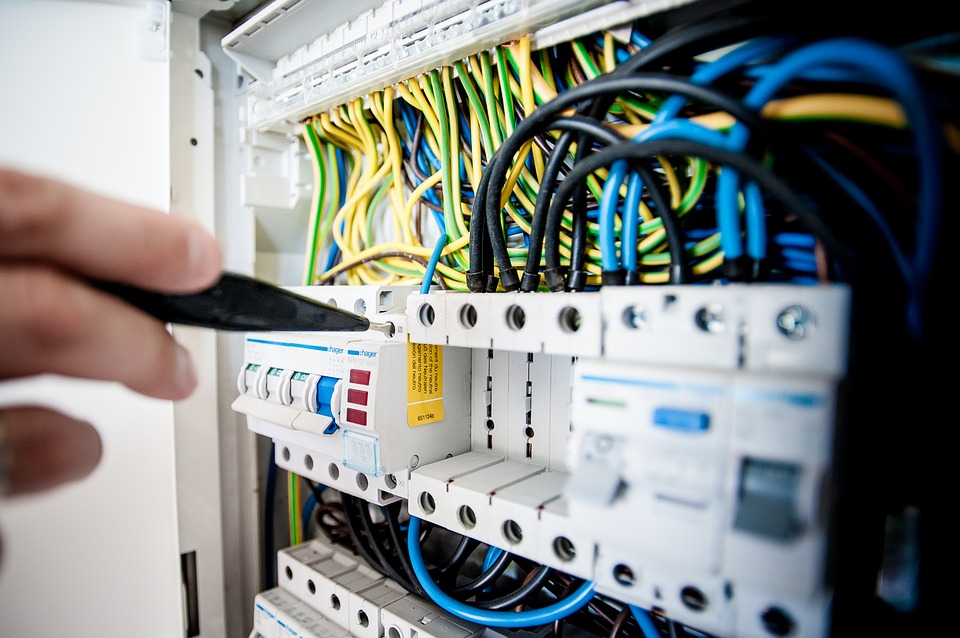When it comes to hiring professional services, there are many benefits to consider. For one, professional services are a good investment for your home. They can help you save time and money in the long run by taking care of tasks that you may not have the expertise or experience to do yourself. Additionally, professionals are typically licensed and insured, which can give you peace of mind knowing that you're dealing with someone reputable. Lastly, professionals can quickly fix problems that would take you hours or days to figure out on your own. So if you're looking for plumbing services, locksmith services, or security services, be sure to contact All Services 4 U! We provide a wide range of high-quality services at an affordable price.
Professional services are a good investment for your home
Professional services offer more than just a cleaner house, they offer peace of mind. Professionals can inspect your property, identify any potential problems and fix them before they become big issues that require extensive work to remedy. They also provide routine maintenance that prevents small problems from becoming larger ones, saving you time and money in the long term. In addition to these valuable benefits, professional services generally come with warranties on their workmanship which means if something goes wrong due to shoddy workmanship or faulty equipment then the company is liable for its repair or replacement instead of you paying out of pocket for repairs or replacements yourself!
Hiring professionals will save you time and money in the long run
Many people are reluctant to hire a professional service provider because they think it will be too expensive, but this couldn't be further from the truth. Professionals offer an investment that pays for itself over time by speeding up the delivery of services, saving your company money through more efficient processes, reducing errors and mistakes, ensuring quality control, and freeing up your staff to focus on other important tasks. There are many situations where hiring a professional is not only cost-effective but also necessary: when you need specialized knowledge or expertise; when there's no one else available with the right skills; if you want consistent results without having to train new employees constantly; if there is little room for error; or when time is of the essence.
They're qualified to provide a range of services, from plumbing to locksmiths
It is a common misconception that professionals are more expensive than regular people. That's not the case at all. In fact, in some cases, they may be cheaper because they can do things faster and more efficiently, but it also depends on what you need them for. For example, if you need a locksmith to change your locks then they will probably cost more than just buying new ones yourself from the hardware store. However, if you're looking for someone to fix an issue with the plumbing or even electrical wiring then hiring a professional could be less expensive because of their knowledge and experience level which allows them to work quickly without causing additional damage to anything else around the area being worked on. For many people, this peace of mind is worth the extra money they may have to pay. Professionals have been trained in their specific field and know all the best techniques and methods to get the job done quickly and correctly. This is especially important when it comes to tasks like plumbing and electrical wiring, which if done wrong can cause serious safety hazards in your home.
You'll have an easier time finding someone who is licensed and insured
When you hire a professional service, many benefits come with it. For one thing, you won't have to worry about being on time for the appointment because they will be able to plan their schedule around yours. This is especially handy when you're in hurry or if your work hours don’t match up well with the business hours of the professional's office. When you hire someone who is licensed and insured, then not only do you know that they are qualified but also that they will be covered in case anything should happen during the service like an accident or lawsuit. You can also rest assured knowing how much things cost beforehand instead of paying more than what was agreed upon after all services were rendered.
A professional can quickly fix problems that would take you hours or days to figure out on your own
A professional can quickly fix problems that would take you hours or days to figure out on your own. Professionals have access to resources and people who are not available to the general public. They also have a lot of experience with different situations which will help them solve your problem faster than you could do so alone. Finally, if they work for a company, their employer is responsible for any mistakes made during the project. This can give you peace of mind if you are not familiar with the work that is being done. Hiring a professional also ensures that the job will be done correctly and to your specifications. Professionals have been trained in their field and know the best practices for completing a project. They also have access to the correct tools and equipment needed for the job. This can save you time and money in the long run, as you will not need to purchase any additional supplies or hire someone to complete the project for you.
They have the knowledge and experience to handle any lock-related problem or emergency
Locksmiths are skilled professionals who specialize in the installation, repair, and maintenance of locks. They have the knowledge and experience to handle any lock-related problem or emergency. For example, if you're locked out of your car or house because you lost your keys, a locksmith can help with these types of problems. If you need new locks for your business or home security system installed, they can do that too. Locksmiths are also great at installing deadbolts on doors for added safety. And when it's time to change the old doorknob for something more stylish, they'll be there right away! That's just scratching the surface though - there is much more than a qualified professional will be able to do for you!
Hire professionals for jobs like fixing leaks, installing new doors, or changing locks - it's worth the peace of mind!
There are many benefits to hiring professionals for jobs like fixing leaks, installing new doors, or changing locks. For example, if you're not sure what's wrong with your door and don't want to risk breaking it by trying to fix it yourself, then hiring a professional is the best thing you can do. Professionals will be able to identify the issue quickly and easily so that they can fix it correctly without any problems. They also have all of the tools necessary for the job so there will be no need for additional purchases on your part! And even if you're just looking for someone else to install a new lock on your home because you don't feel comfortable doing this project yourself - which we completely understand - then professionals can get everything done in a single visit. Plus, you can be sure that the job will be done right and that your lock will be functioning perfectly afterward.




